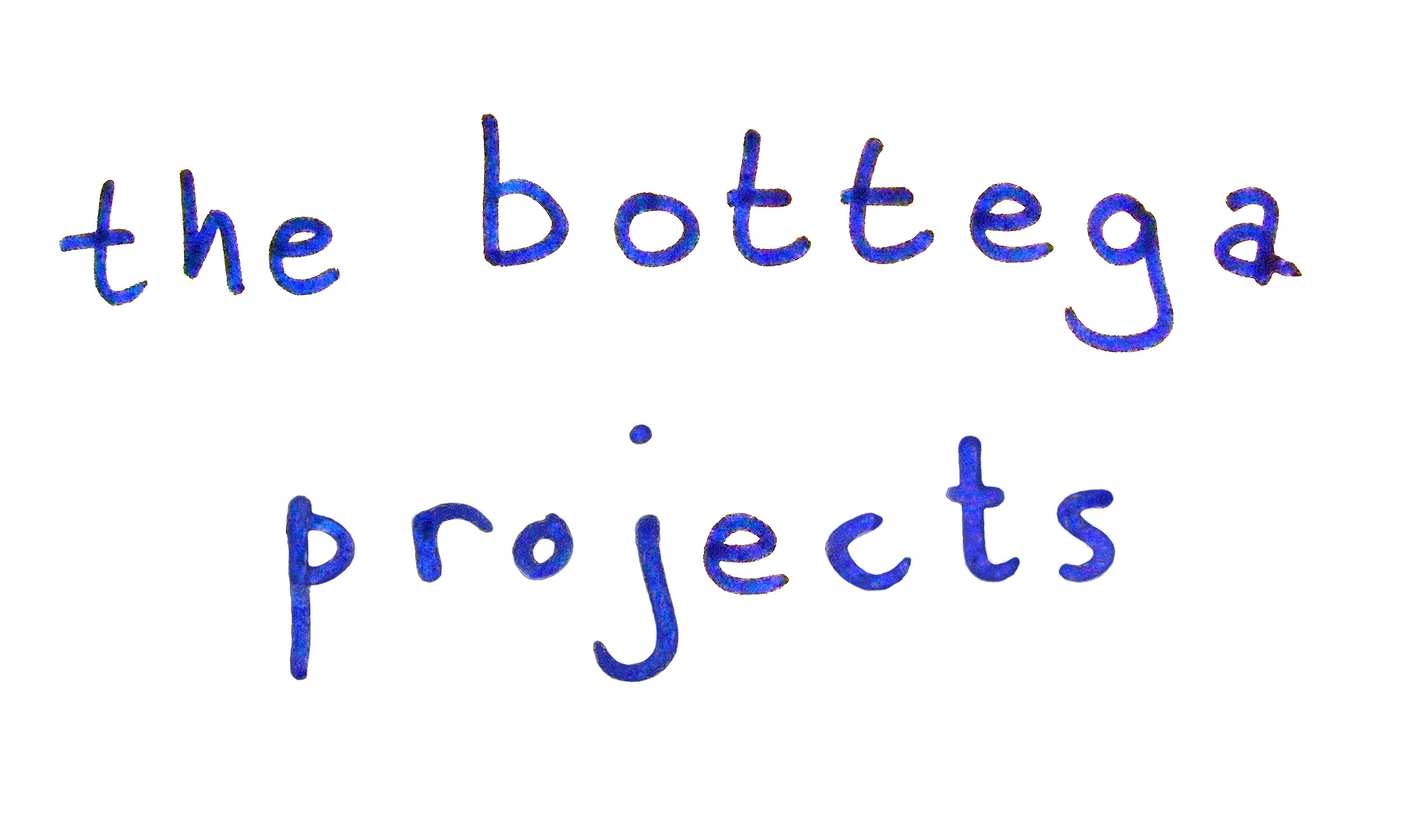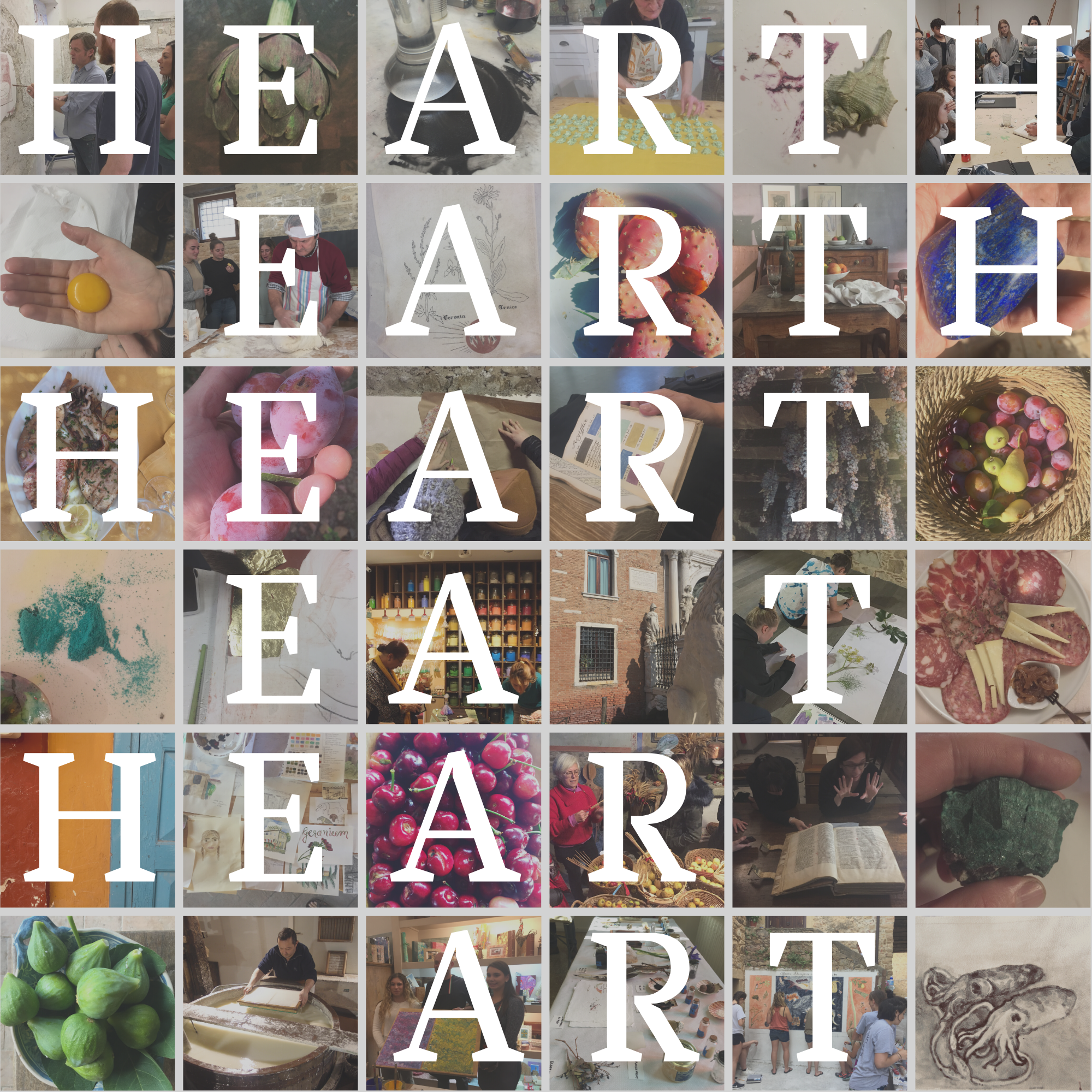The cookbook of secrets
The Hearth Project
The Cookbook of Secrets + The Hearth Project
Including a book project, podcast, and material experiments, both The Cookbook of Secrets and The Hearth Project focus on how the origins of color intersect with cultural resources and have impacted the evolution of physical and spiritual sustenance. The Cookbook of Secrets is part cookbook/part artist’s manual with chapters organized around a color which share recipes for the studio and kitchen. The Hearth Project is a podcast series based on the cookbook’s chapters but includes a location that is either defined by or inspires that color. For each project, we research and conduct experiments on how to make and use the color in food, art, and daily life.
Since the beginning of human culture, the premise of the hearth has been a laboratory for the cook and the alchemist alike, where raw materials were processed—such as a smith’s forge, artist’s lab, and baker’s oven; as well as a place for comfort, sharing, and nourishment. Starting from our experience as artists in recreating color and its relationship with food culture, we touch upon the natural sciences and simple alchemy, the social sciences through trade and migration, and the relationship between primitive and modern technologies. By incorporating references to current and past cultures we draw upon a variety of craft practices and disciplines. Using the natural resources of the nearby landscape, and ensuring that these resources are lasting and renewable is important. With a mindful awareness of using local, renewable resources for both food and art making for our experiments and applied research, we recognize the need for a sustainable present and future.
While much of our research draws from the history of human activity, how we apply this knowledge to the contemporary and future world is as important as remembering its origins. Through our cookbook and podcast, we aim to continue an ongoing cultural dialogue with a continuous exchange of ideas, tools, materials, and technology.
(Our research is generously supported in part by a Temple University OVPR Arts and Humanities grant.)


